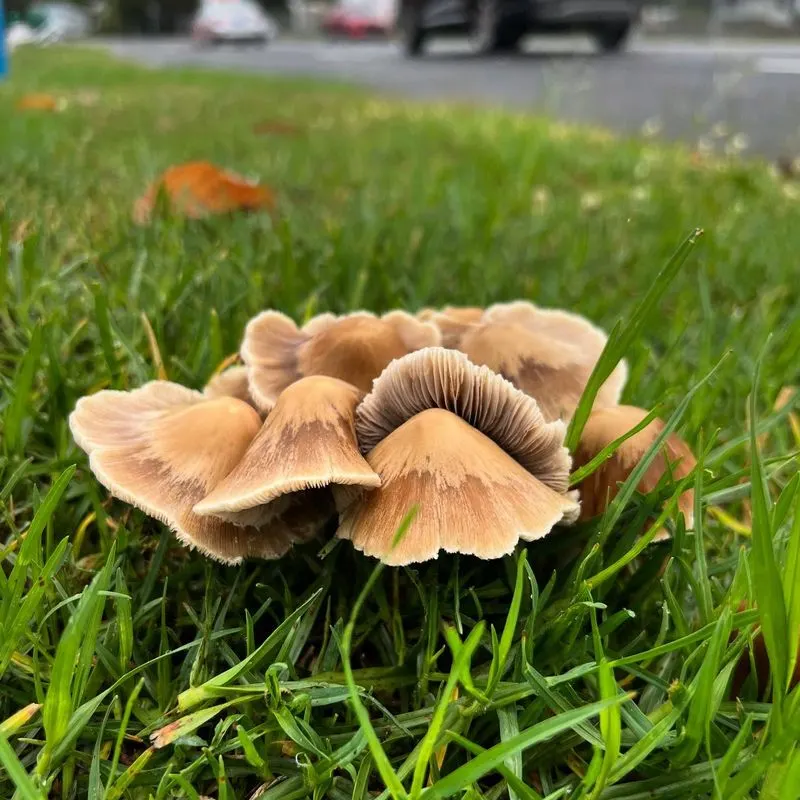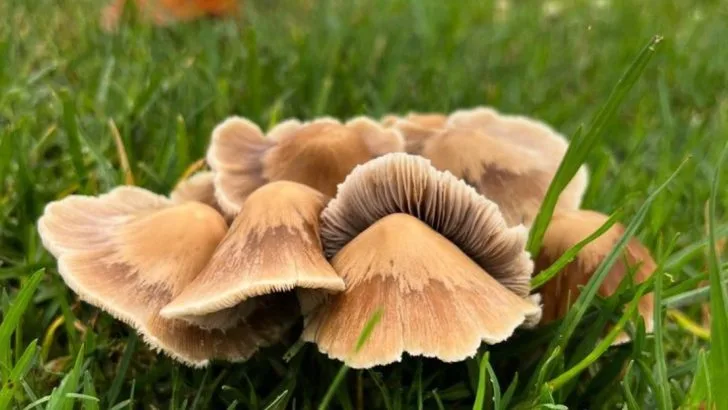Fungi often get overlooked in gardening, but they play a crucial role beneath the surface. These incredible organisms form symbiotic relationships with plants, helping them absorb nutrients and boosting overall soil health.
Without fungi, many plants would struggle to grow strong roots or fight off diseases. They act as natural recyclers, breaking down organic matter and enriching the soil ecosystem.
In this article, uncover why fungi are the unsung heroes of healthy gardens—and how embracing them can transform your gardening success.
Nutrient Absorption Boost

Imagine a bustling underground network, invisible to the naked eye, enhancing plant vitality. Fungi like mycorrhizae form symbiotic relationships with plant roots, significantly boosting nutrient uptake. This invisible partnership allows plants to access phosphorus and other essential nutrients more efficiently, promoting robust growth.
Gardeners observing richer, healthier plants might credit fertilizers, but often, fungi deserve the applause. These natural connectors optimize nutrient pathways, minimizing the need for synthetic additives. The harmony between fungi and roots exemplifies nature’s ingenuity, reminding us of the unseen forces at work beneath our feet.
Disease Resistance

A garden’s silent protectors, fungi, help shield plants from various diseases. Certain fungi produce antibiotics that fend off harmful pathogens. This biological defense mechanism reduces the incidence of root rot and other fungal diseases, offering plants a natural resilience boost.
Imagine a thriving garden where plants stand tall against disease outbreaks. This isn’t just luck; fungi are at work, reinforcing plant defenses. Their presence can mean the difference between a robust garden and one struggling with pests. It’s a reminder that sometimes, the most effective protectors are those we don’t see.
Soil Structure Improvement

Fungi are architects of the underground, building and maintaining soil structure. Their networks bind soil particles, enhancing porosity and aeration. This leads to better water retention and root penetration, vital for healthy plant growth.
Healthy soil isn’t just about nutrients; it’s about the structure that holds them. Fungi contribute significantly to this, creating an environment where roots can easily access water and nutrients. This structural enhancement can transform a garden’s productivity, making fungi indispensable for those seeking vibrant, resilient gardens.
Biodiversity Support

In the tapestry of life, fungi weave connections that support diverse ecosystems. By decomposing organic matter, they release nutrients back into the soil, feeding a variety of organisms. This process enriches the ecosystem, supporting a range of plant and animal life.
A garden teeming with different life forms isn’t just beautiful; it’s a sign of fungal activity below. These unsung heroes ensure nutrients are recycled efficiently, fostering biodiversity. As gardeners, recognizing fungi’s role can inspire us to cultivate spaces that support life in all its forms.
Composting Accelerators

Transforming waste into gold, fungi accelerate the composting process. They break down tough organic materials, turning waste into nutrient-rich humus quickly. This rapid decomposition makes them invaluable to those seeking efficient composting solutions.
Imagine a compost pile breaking down rapidly, turning garden waste into valuable soil amendments. Fungi are at the heart of this transformation, working tirelessly to decompose matter. Their role in composting highlights their adaptability and efficiency, paving the way for sustainable gardening practices.

